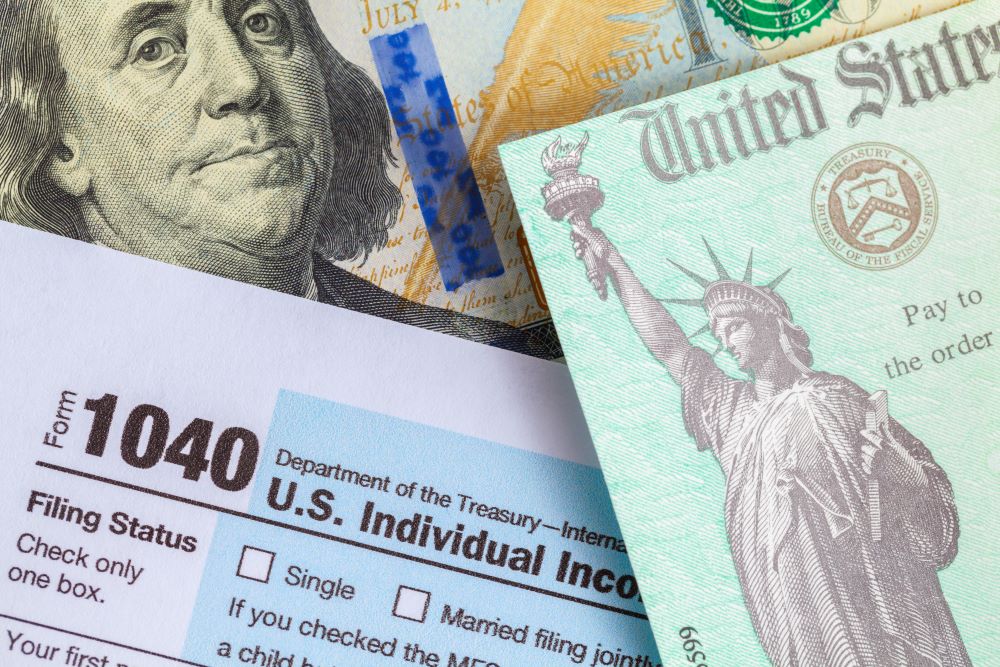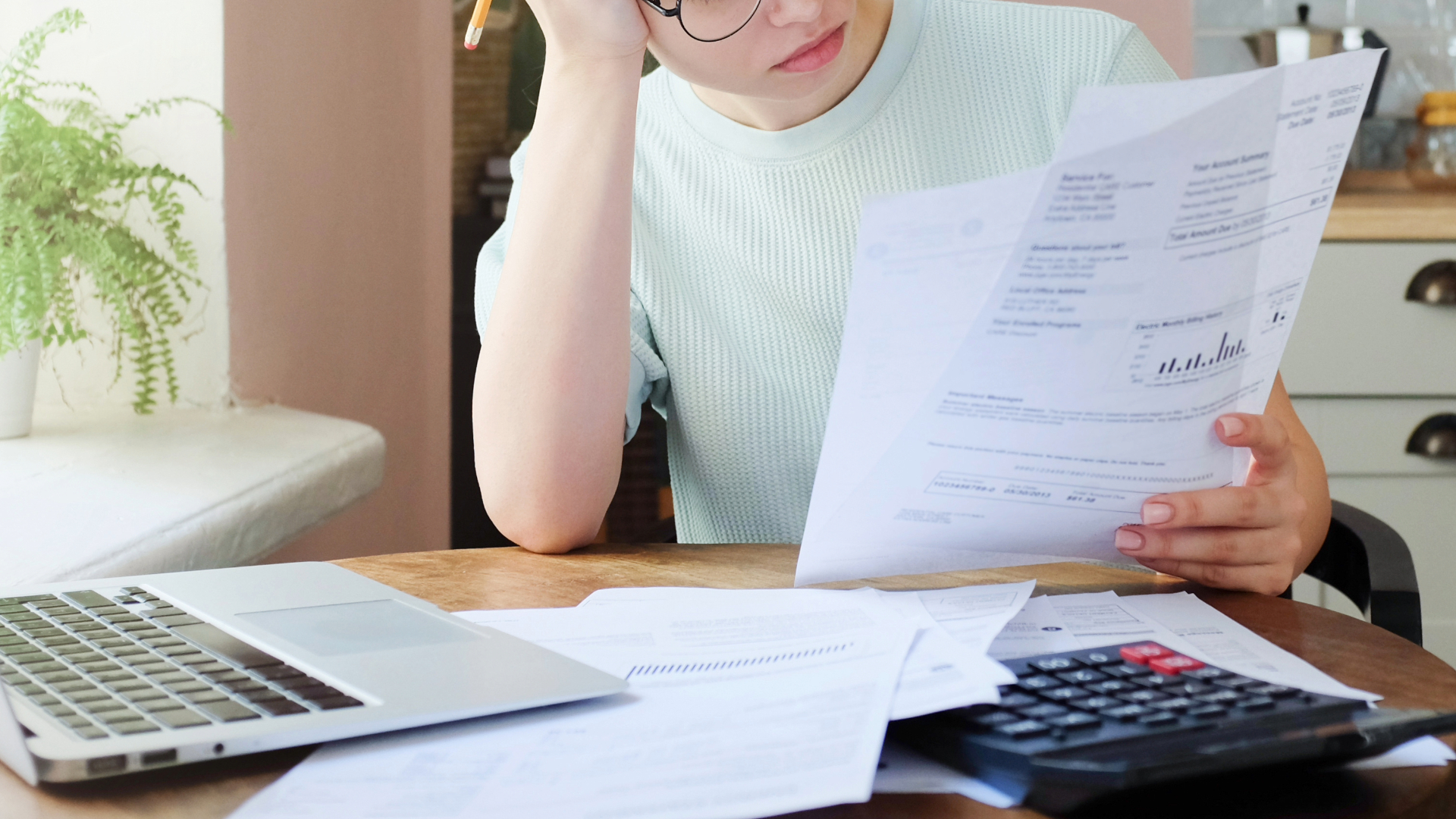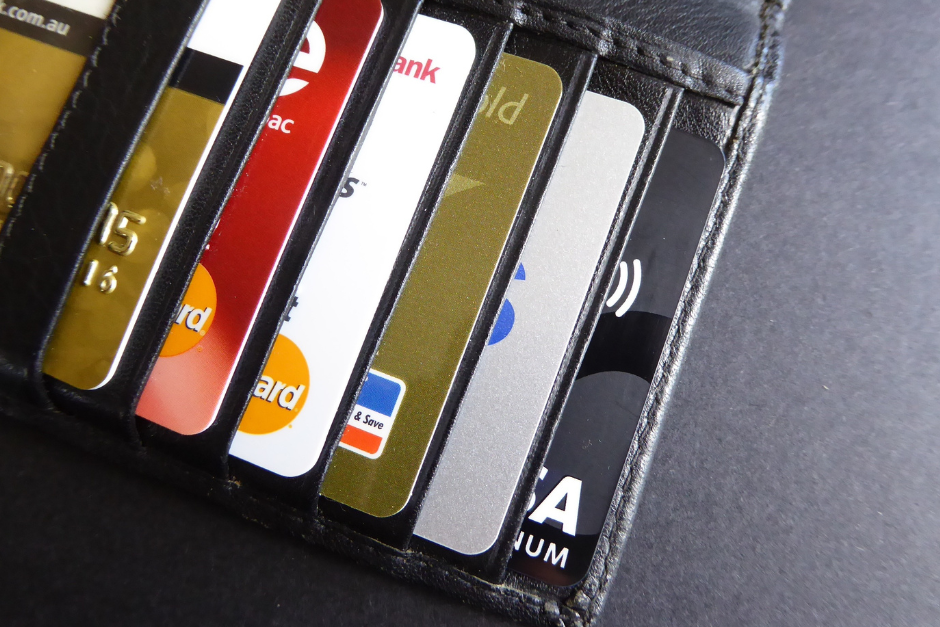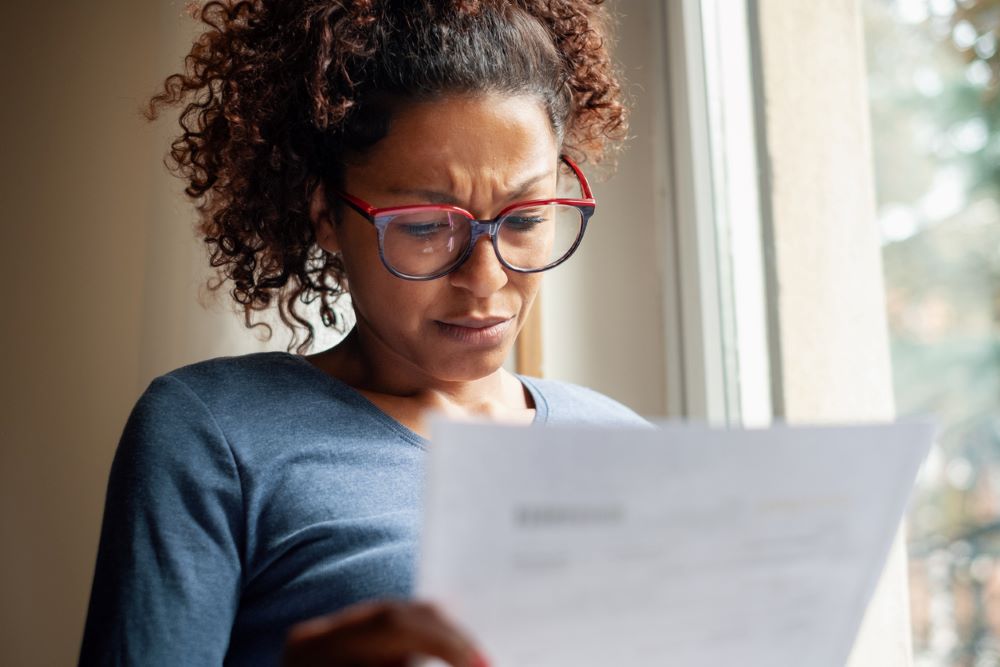
If you are among the millions of Americans currently unemployed, you’re probably juggling a lot already. But now is not the time to drop the ball on your credit score. That mistake can cost you a lot in the long run.
The latest official unemployment rate from the Bureau of Labor Statistics is 7.9%. That equates to about 12.6 million people. More than 36 million Americans have filed for unemployment since late March as a result of the coronavirus pandemic. It’s an incredibly stressful time as people scramble to figure out how to pay the bills while looking for a new job.
Although losing your job won’t directly affect your credit score, it could have several side effects. Some of those side effects can include how lenders, landlords, etc. see you.
Tips To Keep Your Credit On Track While You're Unemployed
While you are out of work, it’s essential to know what affects your credit score. Here are some tips, so you can stay on track to achieve your credit goals:
First, know what categories impact your credit score. Five key factors affect your credit score: payment history, level of debt, the age of credit history, types of credit accounts and inquiries to your credit report. Your employment status and salary are not factors that directly impact your credit score. Your creditors and the credit bureaus may not even find out you’ve lost your job unless you tell them.
That said, a job loss can indirectly impact your credit score. More specifically, how you handle credit and bill payment during your period of unemployment is key to preserving your credit.
Suppose you’re currently unemployed and have a way to make minimum payments, such as through unemployment benefits. This is probably a good option toward preserving your credit. These minimum payments can help keep you current, thereby preventing the credit score damage caused by delinquency. The one thing you don’t want to do is pay less than the minimum or make a payment once in a while because either can only serve to delay the inevitable while ensuring that you rack up fees and interest in the process.
Remember that credit bureaus and card issuers cannot see if you’ve filed for unemployment unless you give them explicit permission. This only happens if your card issuer notices out-of-the-ordinary behavior from you, such as a significant jump in your spending, abruptly switching to only paying the minimums or other red flags. When your card issuer sees such activity, it may request a manual review of your account.
When your issuer conducts a financial review, you’ll be asked a few questions about your employment status and spending. You usually have up to 14 days to present the requested documents. The issuer may also include a request for bank statements to show that you’re still receiving paychecks and have the means to repay your debt.
It's crucial to stay aware of your financial health, whether you're employed or not. It’s also crucial to check your credit report during periods of unemployment to ensure you're not falling behind on bills and to help spot potential fraud.






